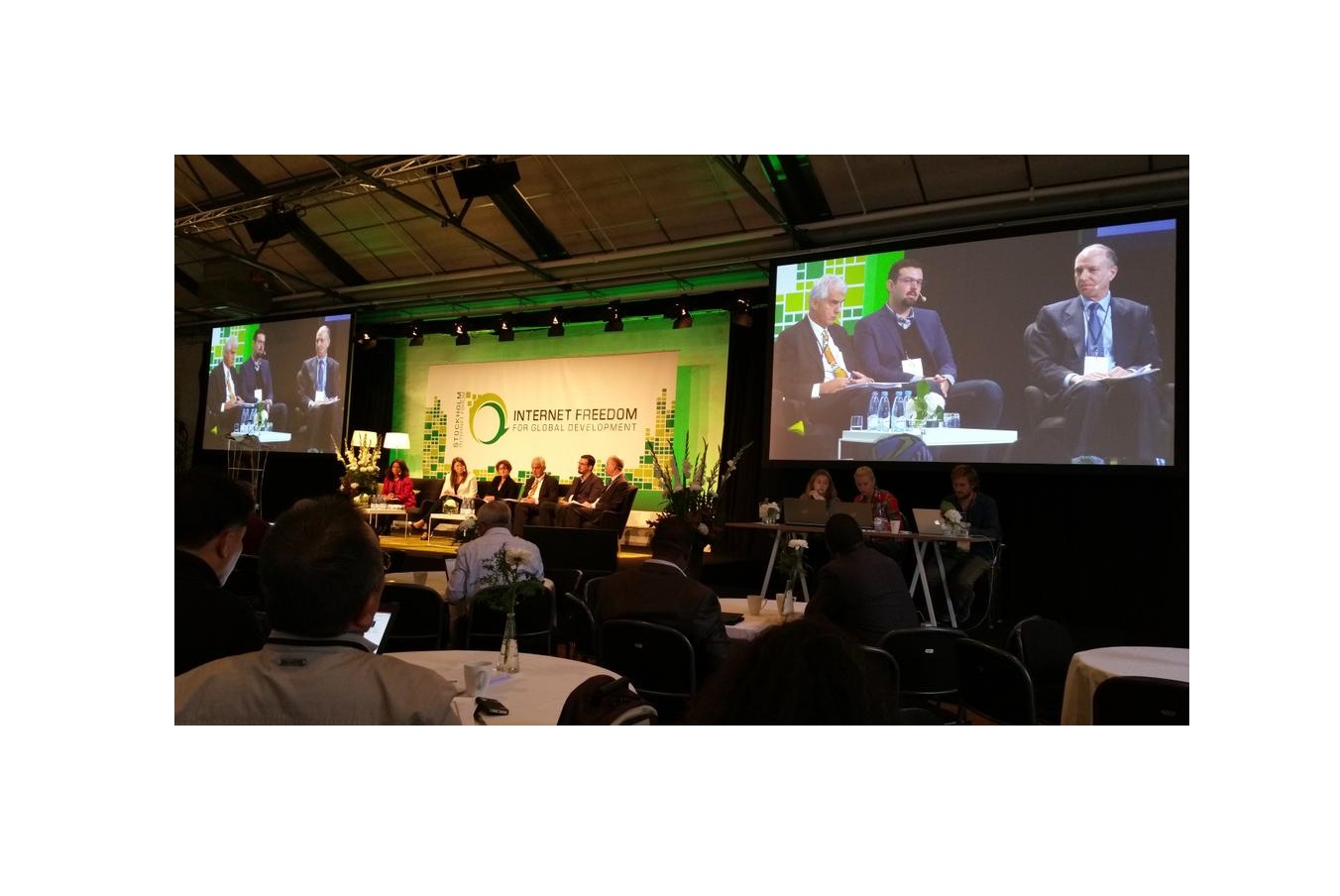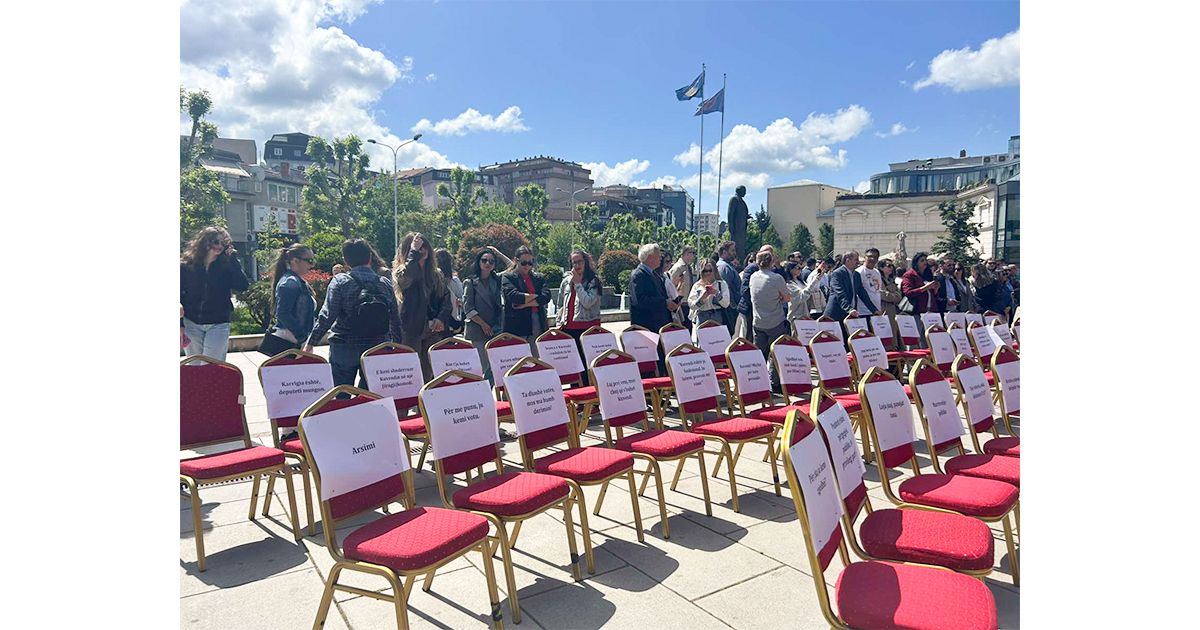Stockholm Internet Forum (SIF) is an international forum that promotes in-depth dialogue and discussions on how free, open and secure internet access promotes and strengthens human rights worldwide. Founded in 2012 by the Swedish government, SIF15 is the fourth forum in the series. This year, SIF15 was hosted by Sida in Stockholm from Oct. 21 to 22.
The Forum brought more than 400 participants, from almost 100 different countries, including policymakers, civil society representatives, activists, business representatives and technical community representatives. In addition to the mentioned participants, members of the KWN also attended.
SIF has a standing tradition of focusing on the global south. Half of the participants come from low-and middle-income countries, often from places where internet access is restricted and efforts to promote both internet freedom and human rights can be dangerous.
This year. SIF’s theme was to explore internet access from a multi-dimensional approach. The aspects of access were covered through discussions of issues related to economy, technology, policy and human rights, with a special emphasis on gender equality.
Participants raised different issues that concerned them in their countries. For example it was stated that according to ITU Worldwide, there are an estimated 200 million fewer women than men online, and this gap could grow to 350 million within the next three years. Other issues that were discussed concerning the gender disparity in internet usage can be found on SIF’s website and twitter page.



